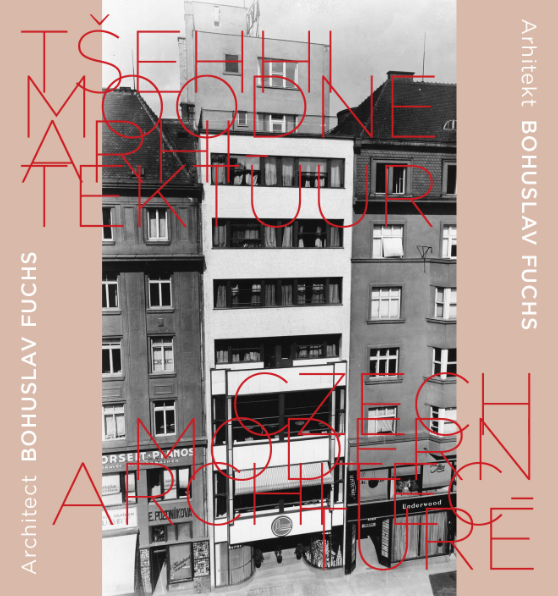Czech Modern Architecture
Architect Bohuslav Fuchs (1895–1972) is one of the most well-known Czech architects of the 20th century who played an important role in the city of Brno becoming a hub of Central European modernism. After studying at the Academy of Fine Arts in Prague, Fuchs’s life was connected to Brno since 1923 where he performed different tasks – city (chief) architect, owner of a successful private practice (established his own architectural office in 1929) and professor at the Brno University of Technology where he was finally forced to leave by the communist regime. As an internationally known and acknowledged architect, Fuchs was a member of several organisations, among others Honorary Corresponding Member of the Royal Institute of British Architects (RIBA), Czech delegate of the Congrès internationaux d’architecture moderne (CIAM) and honorary vice-chairman of the International Federation for Housing and Town Planning (IFHTP).
Why is the lifework of Bohuslav Fuchs so exceptional and inspiring, and not only in the time of the origin but also nowadays? The exhibition celebrating the 120th anniversary of the architect tries to answer those questions with a help of twelve comments by contemporary significant Czech architects annotating twelve chosen projects of Fuchs. Annotations are extended by drawings, historical photos and pictures of present condition. Fuchs’s two most famous buildings – Hotel Avion (1926–1927) and the City of Brno Pavilion (1927–1928) on the exhibition grounds, both in Brno – are also exhibited as models.
